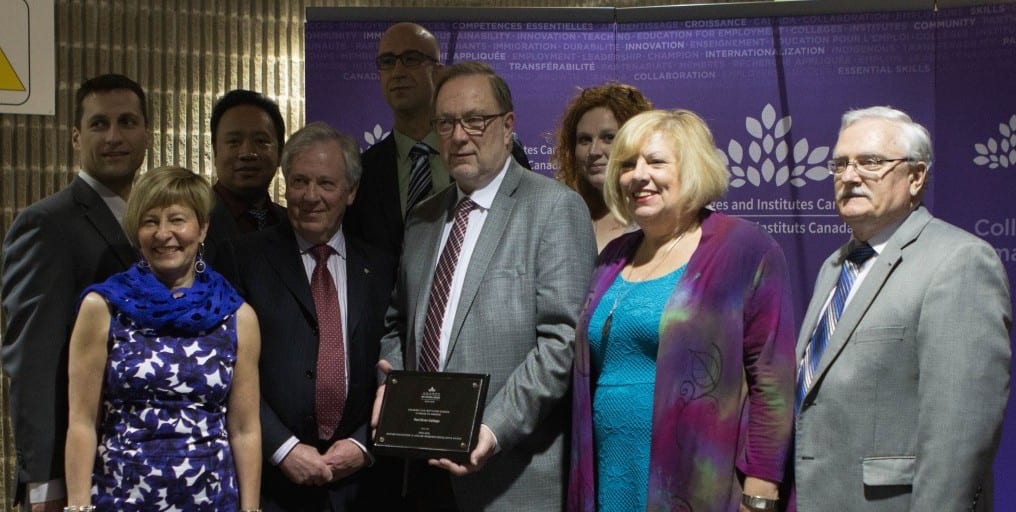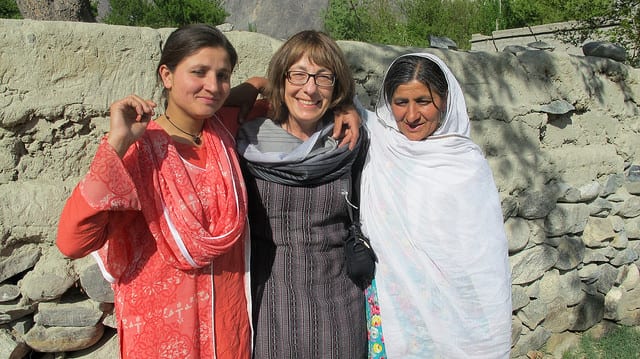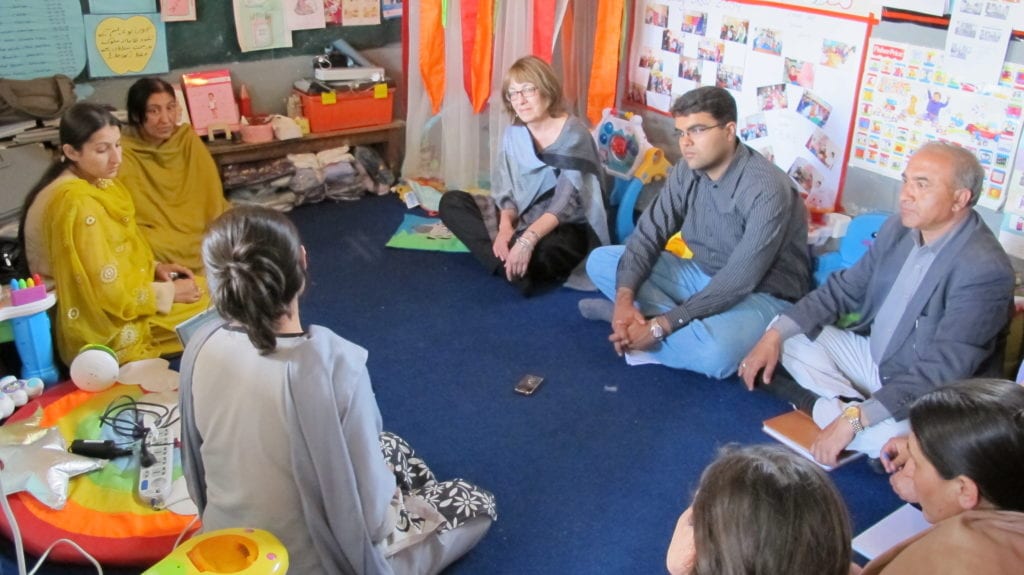Red River College Leads Western Canada in Applied Research

Red River College is now the top research College in Western Canada, according to Canada’s Top 50 Research Colleges, an annual ranking conducted by Re$earch Infosource Inc. which was released today. Read More →









